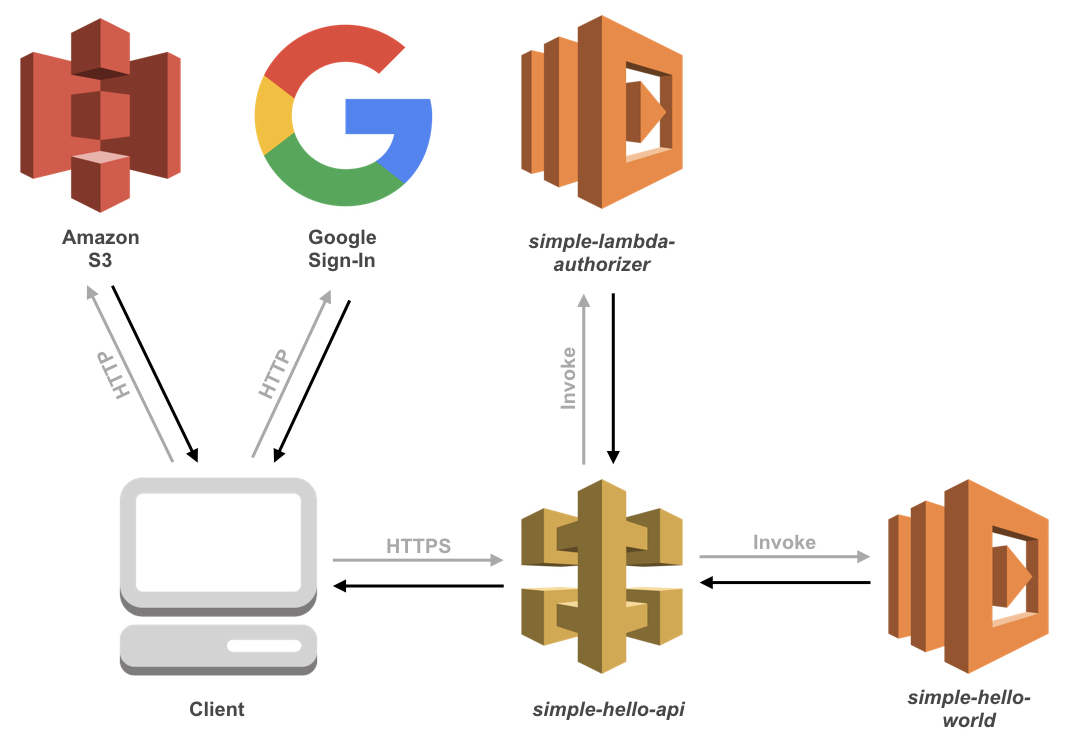Here’s Everything You Need to Know About 5G
In today’s fast-paced world, there are new innovations launching frequently. One of these is the next generation of wireless technology. 5G is being anticipated by people from all over the world. In fact, many providers are getting questions on popular customer service helplines such as Spectrum customer service phone number regarding the release of 5G on their network. While this technology has started launching, it’s still not as common. Thus, its release is being anticipated by many. With 5G rapidly making its way into the world of telecommunication, it’s important for you to understand what it is. Here’s what you need to know about this technology.
What is 5G?
5G stands for the fifth generation of wireless networking. Following the release of 1G, 2G, 3G, and 4G networks, 5G is the latest network type that has the ability to provide an enhanced form of connection, communication, and technology. The most dominant feature of this new piece of technology is that it’s super fast. Moreover, its core use lies in cellular networking and in connecting other devices virtually. 5G will improve efficiency, increase reliability, and enhance availability. In addition to this, it will also be high-performing and will lead to a uniform user-experience
It’s also important to know what 5G is based on. It’s mainly made up of OFDM (Orthogonal frequency-division multiplexing). Moreover, it also makes use of 5G NR air interface.
What is 5G Used For?
5G generally means an increased speed of data transmission. In addition to this, it also requires lower latency and huge network capacity. For an average person, this means super-fast download and streaming speeds. The movies that took you hours to download before, will take you just a few seconds with 5G technology. However, 5G is still not very common today. But as it begins to spread more in popularity and accessibility, its usage will increase.
5G technology has the ability to enable a large number of devices to relay massive quantities of data to other devices with very little latency. This can completely transform and enhance the way machines work. Therefore, 5G can be applicable to a wide variety of devices and machines.
Who’s Behind It?
The most commonly asked question about 5G technology is regarding its source or maker. However, there’s no single inventor or company that owns this technology. It is being produced and formulated by many companies within the telecommunications sector. So, anybody who wants to be affiliated with 5G can work on it. Mobile carriers like AT&T, Verizon, Sprint, and T-Mobile are working to make this technology more widespread and accessible. In fact, there’s a good chance that 5G will be available to a large number of people soon. This means that it will be so widespread, that it will be common for everybody to have access to it in some aspect.
Can You Get 5G?
The answer to this depends largely on where you live, who your provider is, why you want it, and when you want it. In some areas, this type of network is readily available. These areas are mostly restricted to the West, especially the United States. Thus, it’s still not as widespread eve today. To gain access to 5G, you need to make sure that your area is covered by a 5G network. Moreover, you will also need access to a phone with a 5G modem. If you don’t have this, it will be hard for you to avail this network.
Datang Telecom/Fiberhome, Ericsson, Huawei, Nokia, Qualcomm are some of the companies that provide 5G systems and hardware to carriers.
Where Is It Being Commonly Used?
5G is being used by a large number of sectors and organizations today. The most common ones are mission-critical communications, enhanced mobile broadband, and the Internet of Things (IoT). The technology related to 5G is popularly known to make data usage on smartphones more enhanced. However, this isn’t its only use. It can also increase the efficiency of Virtual Reality (VR) and Augmented Reality (AR) experiences. Along with this, you can also expect lower latency and data rates that are more uniform.
Moreover, 5G also has the ability to completely change industries with its reliable low-latency links. These can assist in areas related to medicine and infrastructure.
















